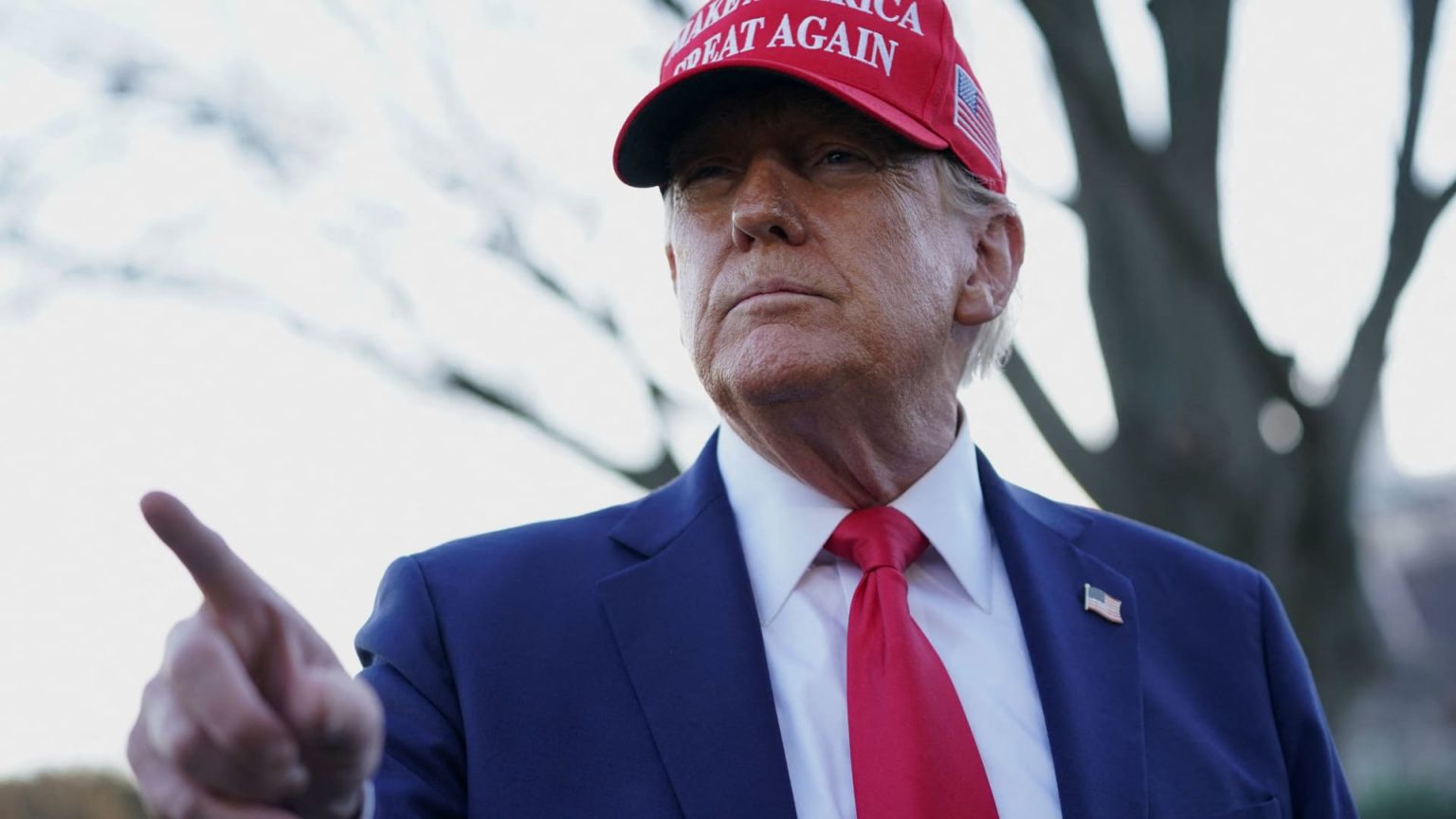In a significant legal maneuver, the Trump Organization has initiated a lawsuit against Capital One Bank, alleging that the bank “unjustifiably” closed over 300 of its accounts following the January 6, 2021, Capitol riot. The lawsuit claims that Capital One’s actions were politically motivated and that the terminations severely impacted the organization’s financial stability. With allegations concerning free speech and wrongful account closures at its core, the case has captured both media attention and public interest.
| Article Subheadings |
|---|
| 1) Allegations Against Capital One |
| 2) Economic Impact of Account Closures |
| 3) Legal Representatives and Their Statements |
| 4) Broader Implications for Financial Institutions |
| 5) Capital One’s Response to the Allegations |
Allegations Against Capital One
The Trump Organization’s lawsuit, filed in Miami-Dade County, primarily revolves around the allegation that Capital One made a politically charged decision to close a significant number of accounts. The suit contends that the bank’s action was a reaction to the political climate following the events of January 6, 2021, when a mob, supporting then-President Donald Trump, stormed the U.S. Capitol. The lawsuit asserts that these closures were driven by Capital One’s “unsubstantiated” belief that distancing itself from the Trump Organization was necessary due to the ‘political tide’ at the time. This led the plaintiffs to believe their accounts were closed as part of a broader trend of ‘de-banking’ that targets conservative entities.
Economic Impact of Account Closures
According to the Trump Organization, the closures of more than 300 accounts have had a detrimental effect on their business operations. The lawsuit notes that the organization, alongside affiliated entities such as the Donald J. Trump Revocable Trust and DJT Holdings, had maintained these accounts for decades. The plaintiffs have expressed that the abrupt closure of their accounts hindered their ability to conduct transactions effectively, leading to significant financial losses reported to be in the millions of dollars. Eric Trump, one of the plaintiffs and son of Donald Trump, emphasized the extensive duration over which the accounts were held, suggesting that the organization’s longstanding relationship with the bank should have warranted a more justifiable cause for termination.
Legal Representatives and Their Statements
The Trump Organization is represented by attorney Alejandro Brito, who has stated that they are contemplating additional legal action against other financial institutions that may have engaged in similar account closures. Brito has called Capital One’s decision a direct “attack on free speech,” framing the situation not merely as a financial dispute but as one centrally concerned with the principles of free expression and enterprise that underpin the American ethos. He highlighted the broader ramifications that such actions could pose for businesses that align with conservative ideologies, warning that they may become susceptible to the same treatment faced by the Trump Organization.
Broader Implications for Financial Institutions
This case raises larger questions about the practices of banking institutions and their obligations to users, particularly when political sentiment influences their decisions. The concept of ‘de-banking’ has emerged in public discussions, depicting a scenario where banks close accounts based on the political or social affiliations of their clients. This trend, if substantiated, could compel financial institutions to reevaluate their criteria for account management; decisions previously based strictly on financial assessments could shift towards a consideration of a client’s political affiliations. As scrutiny of such practices increases, financial institutions may find themselves navigating a complex web of political, social, and legal challenges.
Capital One’s Response to the Allegations
In response to the lawsuit, a spokesperson for Capital One categorically denied the allegations, asserting that the bank “has not and does not close customer accounts for political reasons.” This firm rebuttal underscores the contentious nature of the lawsuit, as the Trump Organization maintains the opposite. The bank’s position seeks to mitigate any reputational damage and alleviate concerns over accountability amidst growing allegations that financial services are being weaponized in the cultural skirmishes of the contemporary political landscape. The outcome of this legal battle could potentially reshape operating practices across the banking sector, particularly as similar accusations mount.
| No. | Key Points |
|---|---|
| 1 | The Trump Organization has sued Capital One for closing over 300 accounts. |
| 2 | The lawsuit claims that account closures were politically motivated. |
| 3 | Plaintiffs reported financial losses amounting to millions of dollars. |
| 4 | Legal representatives argue the closures represent a threat to free speech. |
| 5 | Capital One refutes the allegations, claiming no political motives in their actions. |
Summary
The lawsuit filed by the Trump Organization against Capital One highlights increasing tensions between politics and business in America. As issues of free speech, financial practices, and political affiliations intertwine, this case could set significant precedents for how financial institutions navigate the political landscape. The outcome may catalyze further action from parties similarly affected, potentially reshaping industry standards and practices in unforeseen ways.
Frequently Asked Questions
Question: Why did the Trump Organization sue Capital One?
The Trump Organization sued Capital One for allegedly closing over 300 of its bank accounts unjustifiably, claiming that the decision was politically motivated following the January 6, 2021 Capitol riot.
Question: What financial losses did the Trump Organization claim?
The Trump Organization claimed that the abrupt closure of their accounts resulted in financial losses amounting to millions of dollars, significantly impacting their ability to conduct business transactions.
Question: How did Capital One respond to the lawsuit?
Capital One responded by denying any claims of closing customer accounts for political reasons, maintaining that the decision to close accounts was based on standard banking policies and not related to political affiliations.


